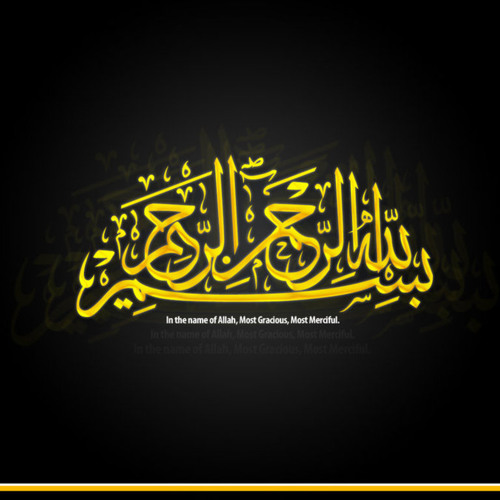

that is why this Qasida is called Qasida Burdah. In this manner he mentions many things like, sincere love, etc. He speaks about the Punishments of Allah, etc.

He discusses the virtues of the Sahaaba-e-Kiraam.
#Qasidah burdah in urdu how to
After this he guides the public and shows them how to ask from the Sacred Court of the Holy Prophet (swallal lahu alayhi wasallam) and gain His Intercession. Then he warns about the Ardent Soul of how it will trick you into its deception. In some places he expresses his sadness of the departure and complains of his loneliness. In this Qasida, Allama Sharafuddin (alayhir rehmah) writes about the morning breeze and the exposure of pleasure and delight. (1300 AC.) He was buried in Fustat, Alexandra (Egypt ).īurdah is derived from the word Burd, which means acquisition, or a Sheet with stripes manufactured in Yemen. He passed away in Alexandra according to Haji Khalifa in 694 Hijri and according to Allama Jalaaluddin Syooti (alayhir rehmah) in 695 Hijri. After this he settled down in Bilbees after acquiring some Government Work. Then he taught the Holy Quran in Makkah for 13 years. However, it is known that he spent 10 years of his life in Jerusalem and later settled in Madina. It was through the blessings of this Qasida that he became popular. Unfortunately, the greater part of Imam Sharfuddin’s (alayhir rehmah) biography is in darkness. This Qasida was inscribed in beautiful Calligraphy on the Roof Domes of Musjid-e-Nabawi during the Turkish Reign and it was there till 1972. This Qasida is popular not only in The Middle East but also in India, Pakistan and Africa etc. Qasida Burdah was translated from Arabic into many languages including Persian, Urdu, Latin, French and English. The Publication consists of many Qasidas, from which, Qasida Burdah and Qasida Hamza are most popular. His collections of Verses have been published in Cairo. He occupied a high post in the field of Poetry and Literature. He was also a Calligraphist and earned his living by copying manuscripts. He was a well-known and outstanding Poet of the 7th Century Hijri. From this Poetry you can see that he was very well versed in Islamic Theology etc. He became a Hafezul Quran at the age of 13 years and then acquired Knowledge in Fiqh etc. Another tradition reports that one of his Parents belonged to Abusair and Dellas that is why the both names are attributed to him. This is how he acquired the name Bosairi. Allama Sharfuddin Bosairi (alayhir rehmah) was born at Abusair on the 1st of Shawaal 608 Hijri (7th March 1213 AC). This Qasida was compiled by Sheikh Sharfuddin Abi Muhammad bin Saeedudd Delaasi Bosairi (alayhir rehmah). Thus its news spread far and wide.Download the complete book in PDF: Commentary of Qasidah Burdah (Complete) I provided him with a copy, and he began telling others of his vision. It greatly pleased the prophet, and I saw him thrust his cloak on the one who wrote it!" He then recited its opening lines saying, "By God, I heard it in a vision last night recited in the presence of God's messenger, upon him and his family blessing and peace. He said, "The one you wrote during your illness." On the road, I met a fellow spiritual wayfarer, who said to me, "I want you to give me a copy of the poem you wrote in praise of the Prophet, upon him be prayers and peace." I had told no one of my poem nor of anything I had been doing prior to that. He wiped over my face with his blessed hand and thrust upon me his cloak. During that time, while sleeping, I saw the Prophet, upon him and his family be prayers and peace. I was repeating it often, singing it, calling upon God through it, and seeking intercession with it.

I began to contemplate writing a poem in the qasida form, and soon after, I did so as a way of interceding by it with the Messenger of God to God, the Exalted, hoping that he might heal me.


 0 kommentar(er)
0 kommentar(er)
